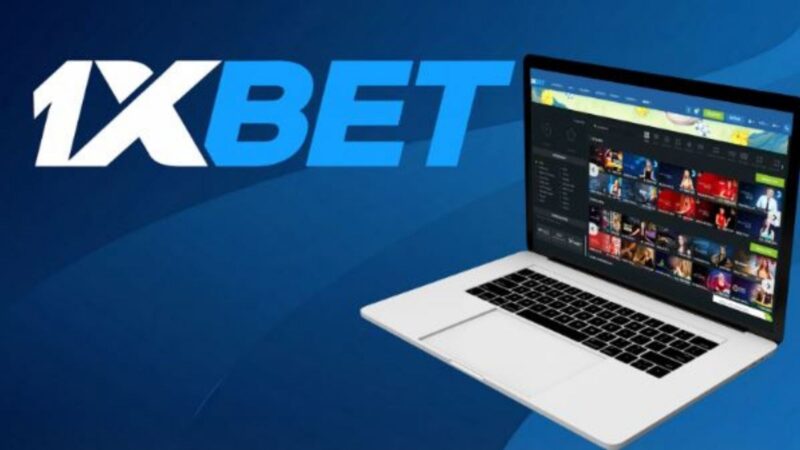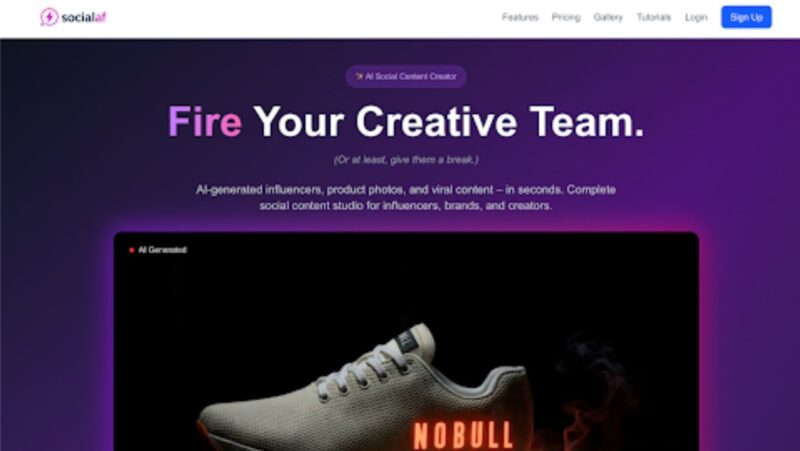
In today’s competitive job market, crafting a standout resume as a college student is crucial for securing internships, part-time jobs, or entry-level positions in your desired field. Your resume is a snapshot of your academic achievements, work experience, extracurricular activities, skills, and certifications. Using a college student resume template can streamline the process and ensure your resume is professional and well-structured. To ensure your resume stands out, it’s essential to tailor it to your audience, highlight your educational achievements, emphasize work experience and internships, incorporate extracurricular activities, showcase relevant skills and certifications, and customize it for different applications.
I. Tailoring Your Resume for Your Audience
A. Researching Targeted Industries or Companies
Before crafting your resume, research the industries or companies you’re interested in. Understanding their values, culture, and job requirements will help you tailor your resume to their expectations.
B. Aligning Your Resume with Job Descriptions
Carefully analyze job descriptions for roles you’re applying to and tailor your resume to match the required skills and qualifications. Use similar language and keywords to demonstrate your suitability for the position.
II. Highlighting Educational Achievements
A. Effectively Presenting Your Academic Background
Start by including your educational background, university name, degree, major, and expected graduation date. Highlight any academic achievements such as Dean’s List commendations or academic scholarships.
B. Including Relevant Coursework and Projects
List relevant coursework and academic projects demonstrating your skills and knowledge in your field of interest. This can help employers understand your academic strengths and areas of expertise.
C. Showcasing Academic Awards and Honors
Highlight any academic awards, honors, or scholarships you’ve received. This demonstrates your commitment to academic excellence and distinguishes you from other candidates.
III. Emphasizing Work Experience and Internships
A. Detailing Relevant Part-Time Jobs, Internships, and Volunteer Work
Include any part-time jobs, internships, or volunteer experiences relevant to your desired field. Describe your responsibilities, accomplishments, and skills developed during these experiences.
B. Demonstrating Transferable Skills and Achievements
Highlight transferable skills gained from your work experiences, such as communication, teamwork, problem-solving, and leadership. Use quantifiable achievements to showcase your impact in previous roles.
IV. Incorporating Extracurricular Activities
A. Selecting Relevant Clubs and Organizations
Include extracurricular activities that demonstrate your interests, skills, and leadership abilities.
Choose clubs and organizations that are relevant to your field or showcase your diverse interests and talents.
B. Highlighting Leadership Roles and Team Participation
Emphasize any leadership roles or positions of responsibility within extracurricular activities. Describe your contributions to the organization and how you’ve demonstrated leadership skills.
C. Connecting Activities to Career Goals
Connect your extracurricular activities to your career goals by highlighting relevant skills and experiences gained. For example, if you’re pursuing a career in marketing, emphasize your role in a marketing club or your experience organizing events.
V. Skills and Certifications
A. Identifying Key Skills for Your Field
Identifying key skills for your field is crucial as it helps tailor your resume to match the specific requirements of the roles you’re applying for. Start by researching the job descriptions of positions within your desired field to identify recurring skills and competencies. These may include technical skills such as programming languages, software proficiency, or industry-specific tools, as well as soft skills like communication, problem-solving, teamwork, and adaptability. For example, if you’re pursuing a career in marketing, key skills include digital marketing, content creation, social media management, analytics, and project management. Highlighting these skills in your resume showcases your suitability for the role and sets you apart from other candidates.
B. Including Relevant Technical and Soft Skills
Applying technical and soft skills to your resume is essential to present a well-rounded profile to potential employers. Depending on your expertise, technical skills refer to specific abilities and knowledge related to your field, such as programming languages, graphic design software, data analysis tools, or laboratory techniques. On the other hand, soft skills encompass interpersonal skills and personal attributes that facilitate effective communication, collaboration, and problem-solving in the workplace. Soft skills include leadership, time management, attention to detail, adaptability, and emotional intelligence. When listing technical skills, be specific and provide examples of how you’ve applied them in previous experiences. Similarly, when highlighting soft skills, include relevant anecdotes or achievements demonstrating your proficiency.
C. Adding Certifications, Workshops, and Training
Including certifications, workshops, and training on your resume can further enhance your credentials and demonstrate your commitment to professional development. Certifications are formal credentials awarded by professional organizations or educational institutions upon completion of specific training or examination. They validate your expertise in a particular area and can significantly boost your credibility in the eyes of employers. Some certifications include Adobe Certified Associate (ACA) for graphic design, Google Analytics Certification for digital marketing, or Project Management Professional (PMP) for project management. Additionally, workshops and trainings provide valuable opportunities to acquire new skills, stay updated on industry trends, and expand your knowledge base. Include relevant workshops, seminars, or online courses you’ve completed, highlighting the skills or knowledge gained from each. This demonstrates your proactive approach to learning and professional growth, making you a more attractive candidate to potential employers.
VI. Customizing Your Resume for Different Applications
A. Adapting the Resume for Specific Roles or Companies
Customize your resume for each job application by emphasizing relevant experiences and skills that align with the specific role or company. Tailor your resume to address the requirements outlined in the job description.
B. Updating Regularly with New Experiences and Skills
Regularly update your resume with new experiences, skills, and accomplishments as you progress through your college career. Keep your resume current and relevant to showcase your growth and development.
C. Using Keywords for Applicant Tracking Systems (ATS)
Optimize your resume with relevant keywords to ensure it gets past applicant tracking systems (ATS). Incorporate industry-specific terms, skills, and qualifications in job descriptions to improve your resume’s visibility.
In conclusion, crafting a standout resume as a college student requires careful attention to detail and customization for your desired audience. By tailoring your resume to highlight your educational achievements, work experience, extracurricular activities, skills, and certifications, you can effectively showcase your qualifications and stand out to potential employers.












